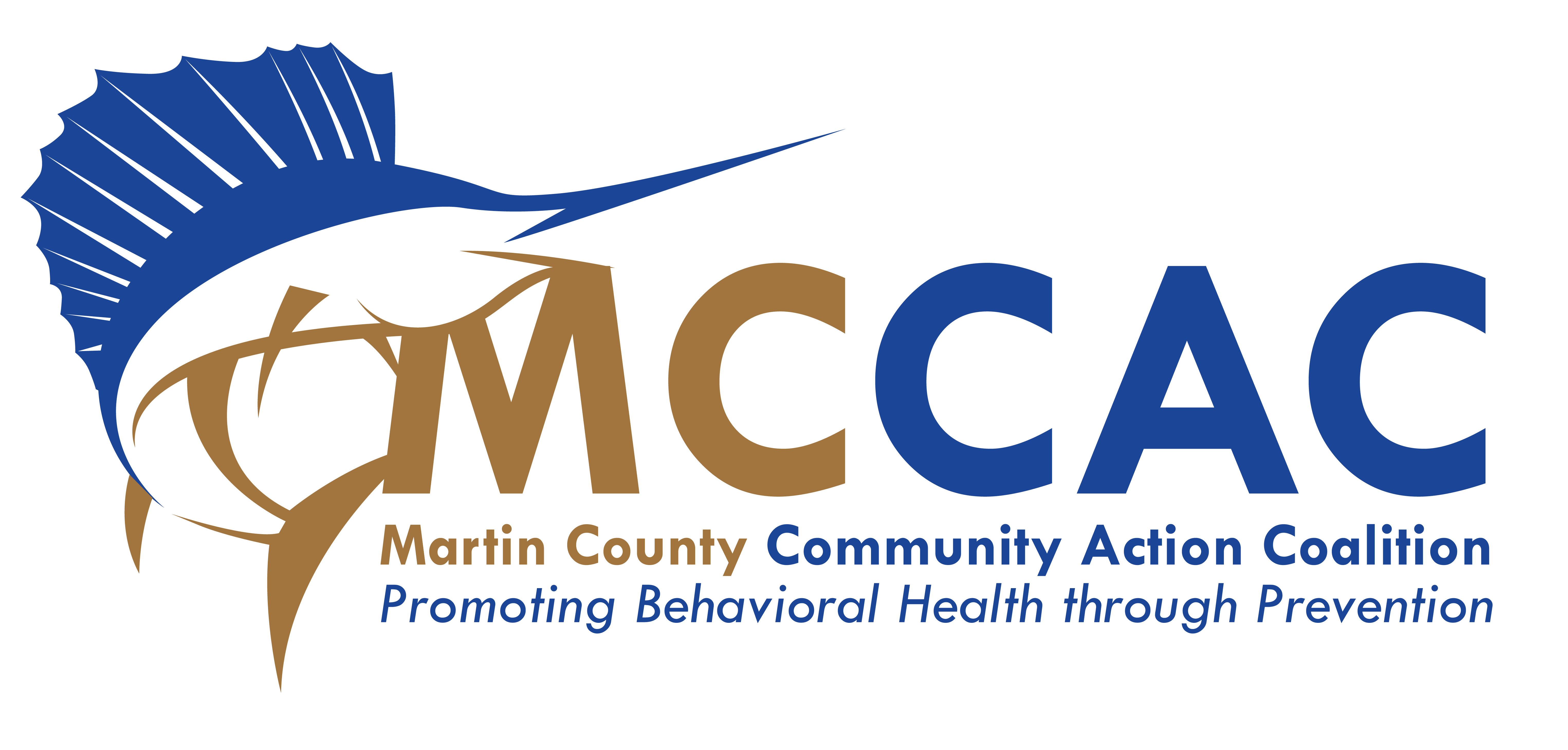Alcohol is a liquid produced through the natural fermentation of sugars from fruits or grains. The consumption of alcohol can dull the senses, leading to slower reaction time and weakened muscles. Alcohol affects the portion of the brain responsible for decision making and the central nervous system and slows down important functions in the body.
When these functions slow, everyday tasks become more difficult, or even dangerous, such as driving a car. The more a person drinks alcohol, the more alcohol they will need to feel the same effects later, and this leads to addiction. Those who start drinking alcohol at a young age are more susceptible to becoming addicted.
According to the National Institute on Alcohol Abuse and Alcoholism, teens who start drinking before age 15 are 5 TIMES more likely to develop alcohol dependence or abuse later in life than those who begin drinking at or after the legal age of 21.
When teens drink, alcohol affects their brains in the short-term, and repeated drinking can have an impact on the brain down the road, especially as it grows and develops.

